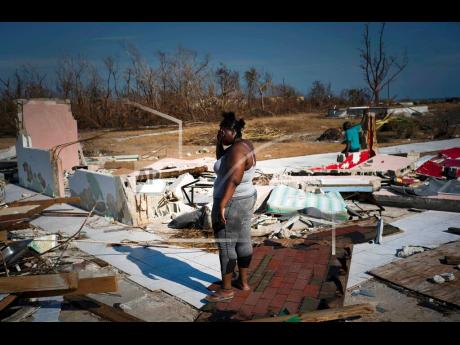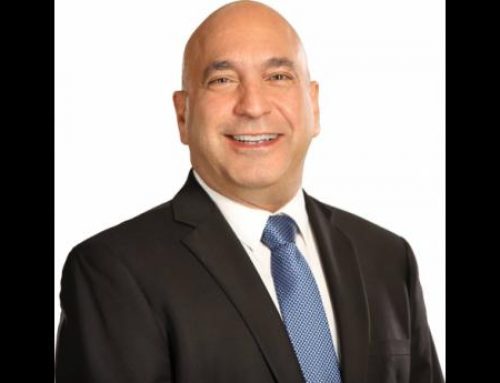The measures mandated by the Financial Action Task Force, FATF, and its regional arm, while meant to keep constrain illicit financing of terrorists and other schemes, is now putting undue burden on non-profit operations that could drive then into the ground.
The addition of non-profits to the list of entities that are required to adopt AML/CFT measures has led President of Bahamas Institute of Financial Services, Ryan Pinder, to the conclusion that there is danger of regulatory obligations diverting attention from national priorities.
There is now “a risk for overregulation in the Caribbean islands,” Pinder declared this week in Kingston as a presenter at the 8th Annual Anti-Money Laundering/Counter-Financing of Terrorism Conference hosted by the Jamaica Bankers Association and the Jamaica Institute of Financial Services.
Pinder is recommending greater collaboration among governments across the region in negotiating with FATF for some relaxation of the regulations, particularly on non-profits and charitable organisations.
“We have limited capacity to keep up with the changes,” said Pinder.
“It seems at times, as we implement one regime to address one component that is imposed on us, the activities evolve into another regime and we are always playing regulatory catch-up.”
The upshot, he said, is that countries of the region are in danger of regulating themselves out of business, and their economies are likely to continue to struggle.
“When I was the minister of financial services in The Bahamas, I would tell these institutions, you have no idea what you are talking about. I would tell them that I’m from an island with 700 islands, and when a hurricane comes through it doesn’t just destroy one settlement, it wipes out a dozen of them that I have to rebuild,” he said.
“We are rebuilding continuously, as many other countries are, but they just don’t understand or want to appreciate the struggle of what it is to be a small island country operating in a global environment.”
FATF Recommendation 8 requires that countries review their laws and regulations to ensure that non-profits are not being used as a source of financing of terrorism.
The Bahamas recently passed the Not For Profit Act 2019 to have the FATF regulations implemented.
Both Jamaica and Bahamas are currently members of the Caribbean Financial Action Task Force, CFATF, which is an organisation of states and territories of the Caribbean Basin, established in the early 1990s, that have agreed to implement common countermeasures against money laundering.
Some of the measures prescribed by the FATF for non-profits include registration, which would allow FATF to review the organisation’s charitable purpose, the identity of the controller and other members, and evidence of its board structure.
For non-profits without proof of registration, they will face operational restrictions to open a bank account, an account ledger or any type of financial account with financial institutions.
Controllers of the non-profits must be stationed at the organisation’s registered address, while records of the operation must be kept for a minimum of five years. And non-profits must also declare any donation of over US$100,000 in cash or kind.
“So imagine, now the local church not only has to have a compliance function, but has to have an accounting function, and it has to have financial reports that meet the standards of the regulations,” said Pinder.
“The challenge for us in the Caribbean is to address these matters. As small islands, we struggle with limited financial and human resources, we struggle with an ever-expanding regulatory envelope in financial services. The unfortunate thing is, one misstep in the arena of financing has a detrimental effect on the viability of our country, on the viability of our region,” he said.








Leave A Comment